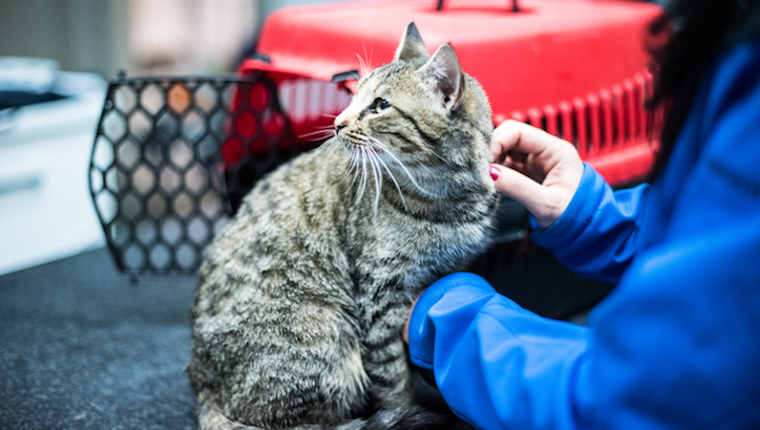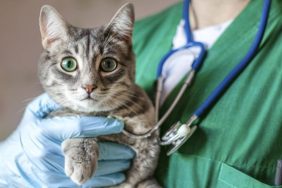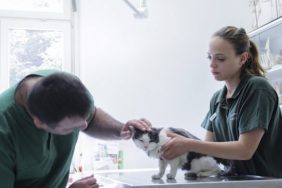Feline immunodeficiency virus (FIV) is an infectious disease found in cats that’s often compared to human immunodeficiency virus (HIV). It’s something you might have heard mentioned a lot, especially if you’re a lover of all things feline.
But what do you really need to know about the disease? And how can you protect your cat from it?
Let’s break down the basics of FIV.
What Is FIV?
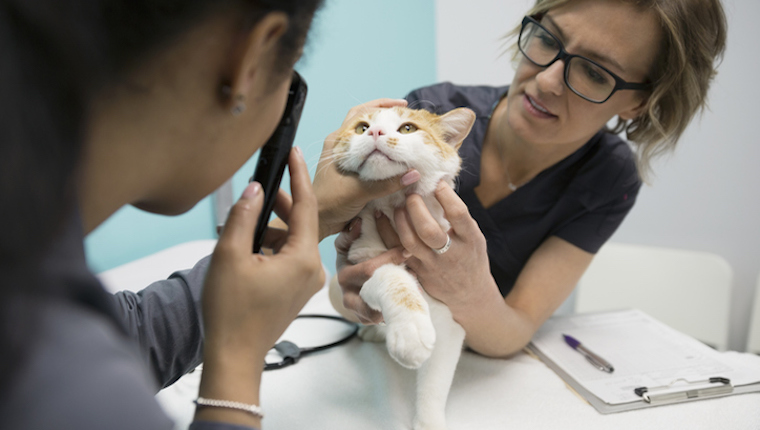
FIV weakens the immune system of the infected cat and makes them susceptible to infections and diseases that do not normally attack healthy felines.
The virus travels to the lymph nodes where it attacks the T cells, which are a type of white blood cell responsible for maintaining the body’s immunity against bacterial, viral, and fungal attacks.
The virus can then go into a period of hibernation which may last for years. The infected cat appears outwardly normal but is infected all the same. Over a period of time, signs and symptoms appear.
There is no antiviral cure for the disease.
Based on research by the Cornell Feline Health Center, between 1.5 and 3 percent of cats in the United States carry the virus.
How Is FIV Diagnosed & What Are The Symptoms?
FIV is usually diagnosed through blood tests. These tests are designed to highlight any antibodies and need to be carried out by a vet.
Unfortunately, cats might not show symptoms for a number of years after any initial infection. But some common symptoms to look out for include:
- Weight loss
- Lowered appetite
- Pain while chewing
- Fever
- Larger than usual lymph nodes
- Diarrhea
- Eye or nose discharge
- Skin, bladder, or kidney infections
- Seizures
- Sleep disorders
These symptoms can appear with other conditions, too. If in doubt, consult your vet.
Is FIV A Communicable Disease?
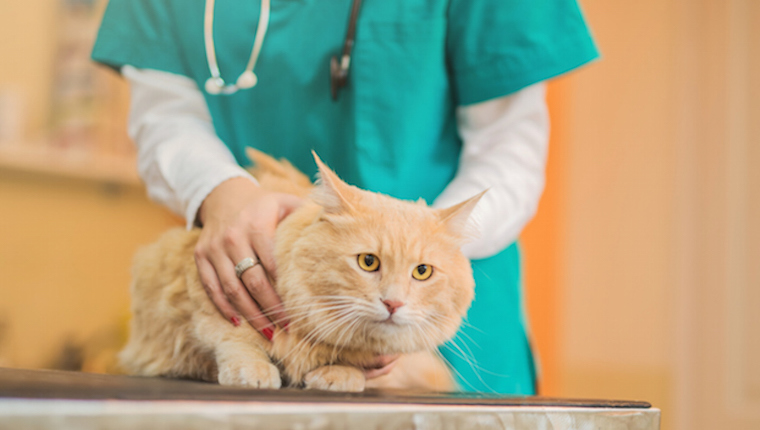
According to the ASPCA, FIV is usually spread via two ways: Either through bite wounds that might occur outside during a fight, or from a mother cat to her kittens.
But don’t worry too much. The virus is not commonly spread through the shared use of litter boxes and food bowls, and it cannot be passed from feline to human.
How Can I Keep My Cat Safe?
First of all, take the ASPCA’s advice and keep your cat indoors. This avoids the chance of your cat having a run-in with a cat who’s carrying the virus. If you must bring your cat outdoors, use a harness and leash.
Also, if you need to board your cat for any period of time, make sure the facility requires all the other cats in their care to get tested and pass negative for FIV.
Likewise, if you’re adding a new kitty to your clowder, make sure they’re tested before bringing them home.
How Is FIV Treated?
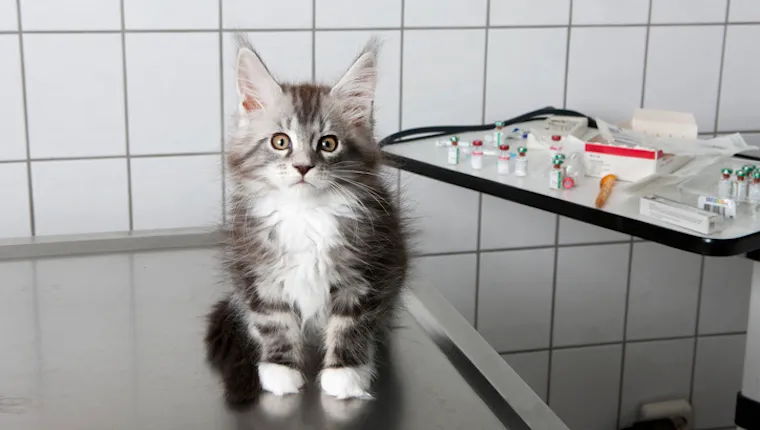
Due to the nature of FIV, most treatment courses are designed to target secondary ailments that might show up.
Vets can prescribe medication to deal with any infections that manifest; electrolyte replacement therapy can also be an option. Your vet might also suggest switching to a healthier, more nutritious diet plan.
In certain cases, immune-boosting and anti-inflammatory medicine might be prescribed, along with measures to deal with any parasites, which can be especially prevalent in raw food diets.
Should I Refrain From Adopting A Cat With FIV?
Absolutely not!
While there is no cure for FIV, with the right precautions, FIV positive cats can live happy lives. So definitely don’t overlook that FIV positive kitty waiting for their forever home.
Have you ever adopted an FIV positive cat? What would you say to someone considering bringing one home? Let us know in the comments below!
